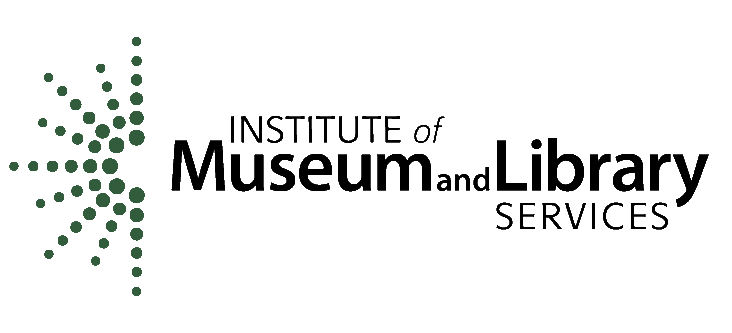
Resources for Outcome-Based Evaluation (OBE)
Below you will find useful resources to help you conduct outcome-based evaluations (OBE) of your library's programs and initiatives. Using an OBE framework can help you demonstrate the impact of your efforts, both for internal decision-making, and for external reporting. Stakeholders that can use the information gained from OBE include funders (including MSL and IMLS), elected officials, library boards, and community partners.
Planning for a program or initiative's evaluation should be part of the initial stages of program planning. The resources below define what outcomes are, and how they relate to you library's programs and initiatives.
What is outcome-based evaluation? IMLS resources on OBE basics.
Outcomes vs. outputs Research Institute for Public Libraries resource on understanding the difference.
Outcomes vs. outputs: a grants perspective Understanding outcomes and outputs for grant-writing.
Choosing the right type of evaluation, and the appropriate methods for measuring success and impact, is a key part of the evaluation process. The resources below can help guide your decision.
Which type of evaluation works for my program? An infographic introduction to types of evaluation, including OBE, from the CDC.
How do I measure outcomes & communicate impact? Presentation on how to evaluate programs and communicate their impact, from IFLA.
Which evaluation method do I choose? Watch the video below to help you choose between surveys, interviews, and other methods. From the Research Institute for Public Libraries.
If you're seeking to expand your knowledge around evaluation and using data for decision-making, the resources below offer an in-depth look at many useful topics.
Outcome-Based Evaluation Analysis, Logic Models, and Beyond IMLS Guides on OBE and program planning/evaluation.
Research Institute for Public Libraries For those interested in library data and evaluation - free webinars and conferences, plus information on how to get started with library evaluation.
